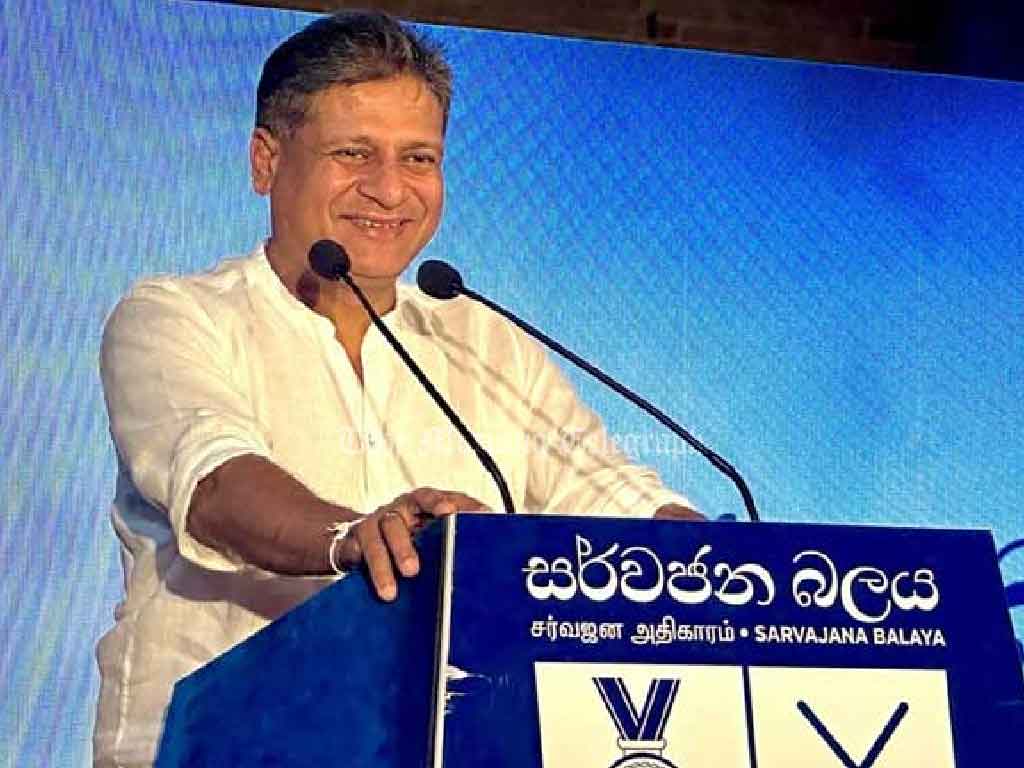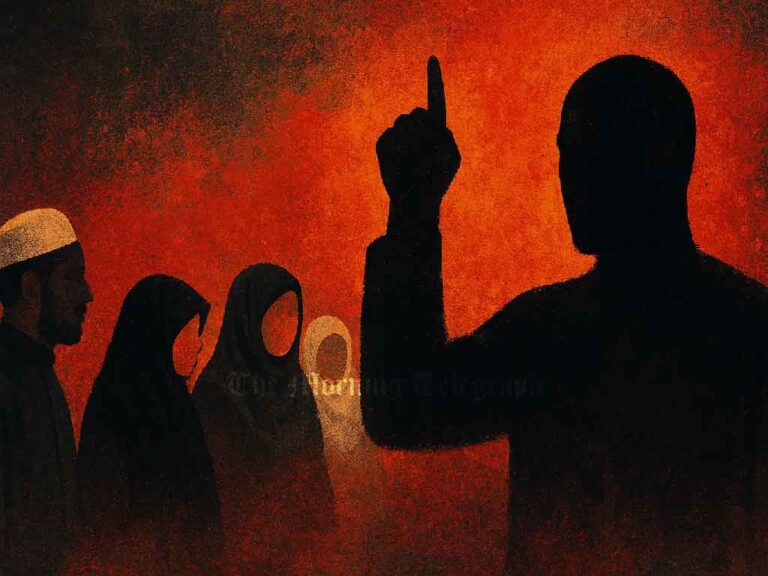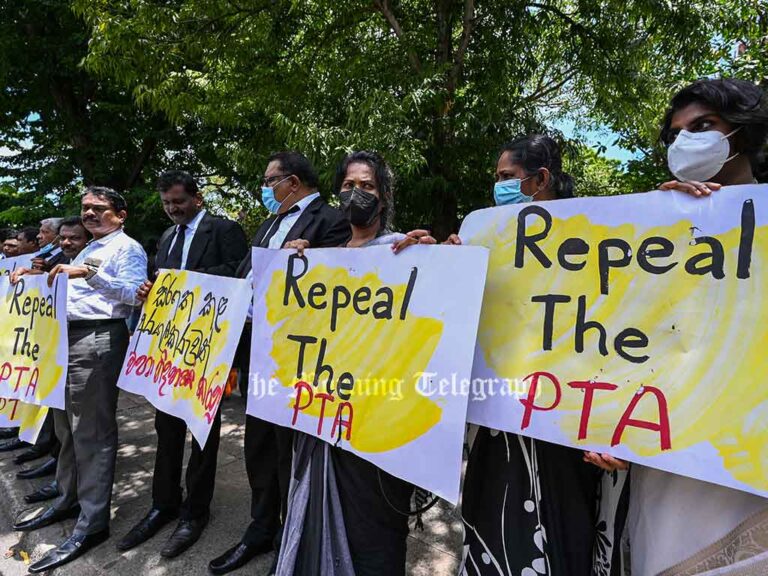
Dilith Jayaweera, leader of the Sarvajana Balaya movement and prominent entrepreneur, declared that his party is the only emerging political force in Sri Lanka as traditional parties face a steady decline. Speaking at the Sarvajana Balaya Organizing Conference, Jayaweera emphasized that while established political entities are disintegrating, Sarvajana Balaya has shown significant growth and is positioned as a viable alternative to the traditional political landscape.
“Based on this year’s election results, Sarvajana Balaya has demonstrated the highest rate of progress compared to any other political entity,” Jayaweera stated. “In contrast, the Sri Lanka Podujana Peramuna (SLPP) has shown the lowest growth. The SLPP has exhausted its resources and influence. The Pohottuwa was created solely to keep Basil Rajapaksa in politics by mobilizing voters. However, it lacked a vision. Now that Basil, an American citizen, has left the country, the mechanism that fueled their political machine has stopped turning.”
Jayaweera further criticized the fragmentation of traditional political parties, asserting that Sarvajana Balaya represents the only cohesive political force left in the country. He pointed out that the once-powerful United National Party (UNP) has diminished to a symbolic “gas cylinder,” with some of its key members now supporting Ravi Karunanayake’s return to Parliament. “The bud (symbol of the SLPP) has shattered—some members are aligned with the gas, while others have been left with nothing,” he remarked.
Turning his attention to the Janatha Vimukthi Peramuna (JVP), Jayaweera argued that it, too, has been strategically dismantled and its influence handed over to a new power structure. “Ranil Wickremesinghe’s dream is now being fulfilled by his ally Anura Kumara Dissanayake. The JVP, once a disciplined and resilient political movement, has been corrupted by the very valley politics it once warned against.”
Jayaweera concluded by reiterating that Sarvajana Balaya is the only political movement capable of filling the vacuum left by the disintegration of traditional parties, offering a new vision for Sri Lanka’s future.




